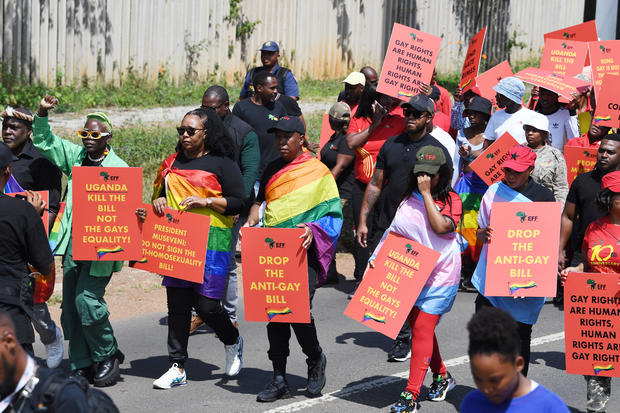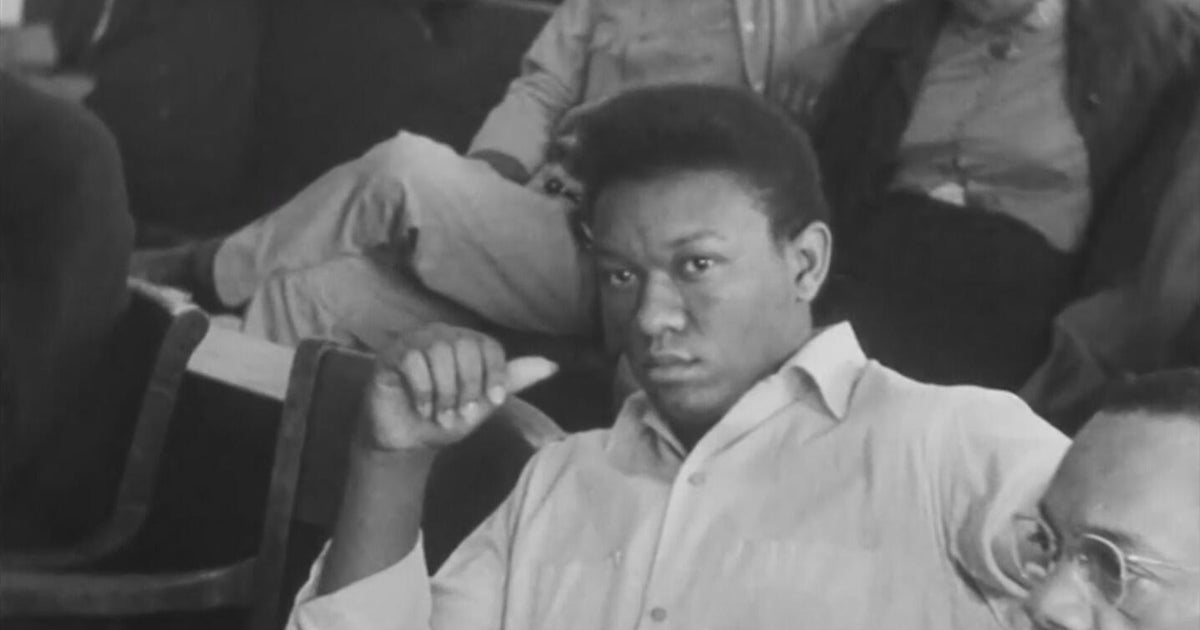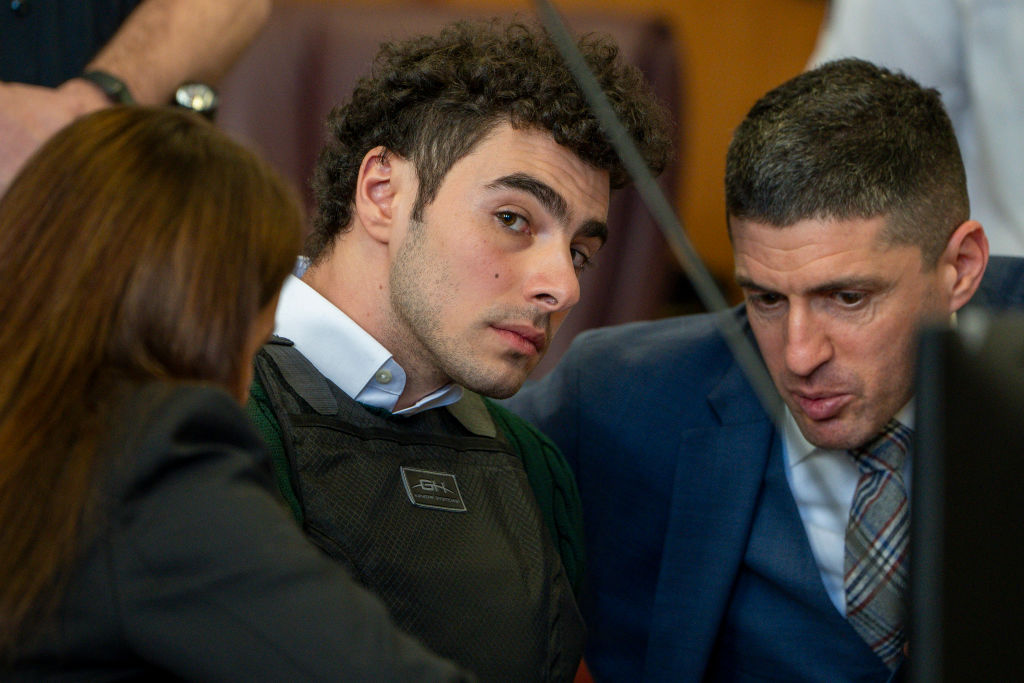Ugandan man, 20, faces possible death penalty under draconian anti-gay law
Ugandan prosecutors have charged a man with "aggravated homosexuality," potentially a capital offense under new controversial anti-gay legislation, an official said Monday.
The law — considered one of the harshest of its kind in the world — contains provisions that make "aggravated homosexuality" an offense punishable by death and includes penalties for consensual same-sex relations of up to life in prison.
The suspect "was charged in Soroti [in eastern Uganda] and he is on remand in prison. He will be appearing in court for mention of the case," said Jacquelyn Okui, spokeswoman for Uganda's directorate of public prosecutions.
According to the charge sheet seen by AFP, the 20-year-old suspect was charged on August 18 and is accused of "unlawful sexual intercourse with... [a] male adult aged 41".
"Statement of offence: aggravated homosexuality contrary to... Anti-Homosexuality Act 2023", the charge sheet stated.
Okui told AFP she was not sure whether this was the first time that a Ugandan has been charged with "aggravated homosexuality" under the new law.
The draconian legislation, which was signed into law in May, has been condemned by the United Nations, foreign governments including the United States, and global rights groups.
"His Excellency, the President of the Republic of Uganda, General Yoweri Kaguta Museveni, has executed his constitutional mandate prescribed by Article 91 (3) (a) of the Constitution. He has assented to the Anti-Homosexuality Act," announced Anita Among, speaker of the Ugandan Parliament, adding a call for Uganda's law enforcement agencies to "enforce the law in a fair, steadfast and firm manner."
This month the World Bank announced it was suspending new loans to the East African nation, saying the law "fundamentally contradicts" the values espoused by the US-based lender.
In May, President Biden called for the immediate repeal of the measures he branded "a tragic violation of universal human rights" and threatened to cut aid and investment in Uganda.
But the government has remained defiant and the legislation has broad support in the conservative, predominantly Christian country, where lawmakers have defended the measures as a necessary bulwark against perceived Western immorality.
Museveni has accused the World Bank of using money to try to "coerce" the government to drop the controversial legislation.
Homosexual acts are illegal in more than 30 other African nations and LGBTQ activists have feared the new law in Uganda will embolden neighboring countries such as Kenya to consider stricter legislation.
Same-sex relations were already banned in Uganda before Museveni signed the law, but opponents say it goes further in targeting LGBTQ people. The law has instilled fear across the gay community in Uganda, prompting many to flee to neighboring countries or go underground.
Adrian Jjuuko, executive director of the Human Rights Awareness and Promotion Forum, said his organization had "documented 17 arrests" in June and July following the adoption of the law.
Earlier this month, police arrested four people including two women at a massage parlour in the eastern district of Buikwe for allegedly engaging in same-sex activity following a tip-off.






